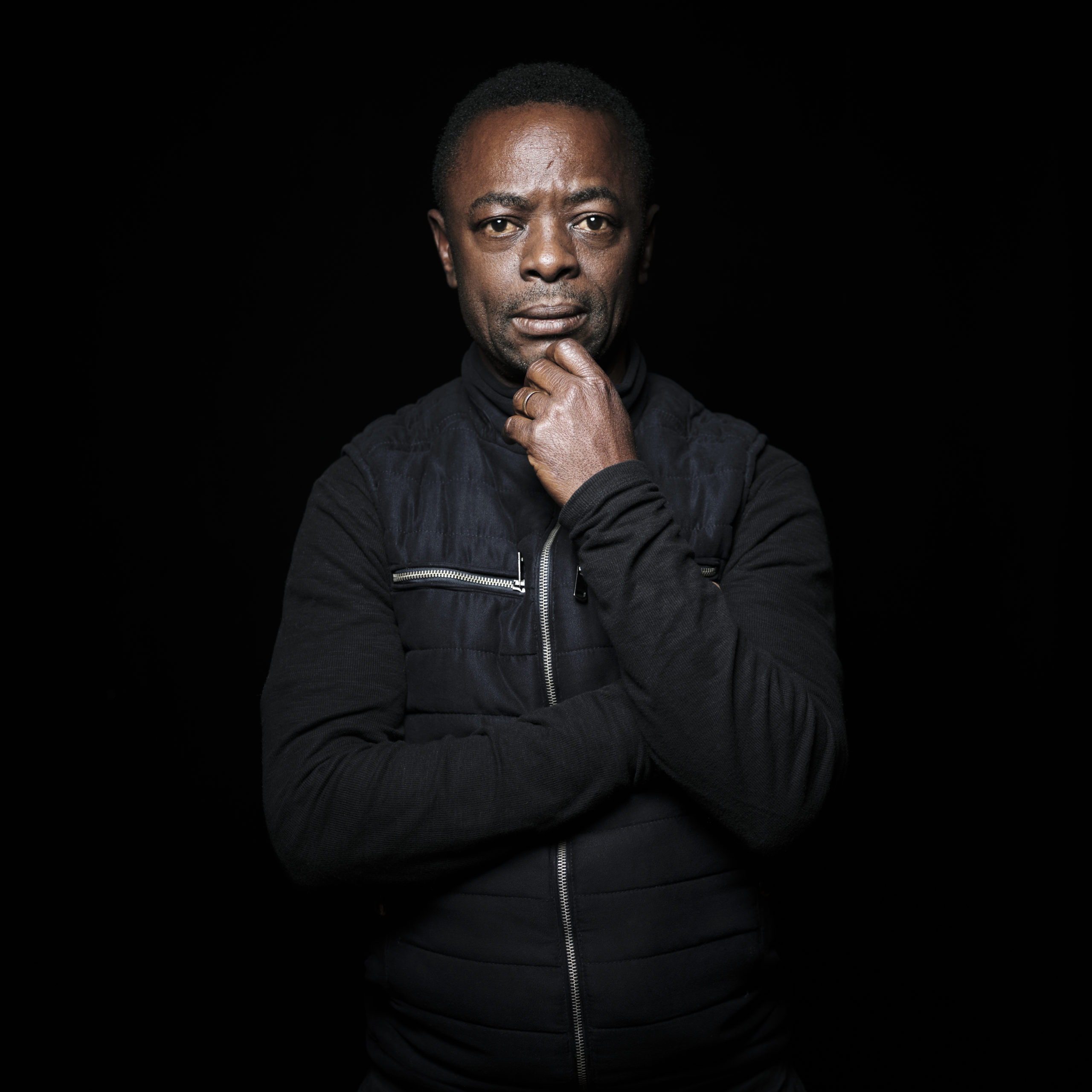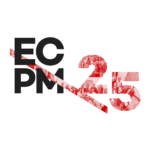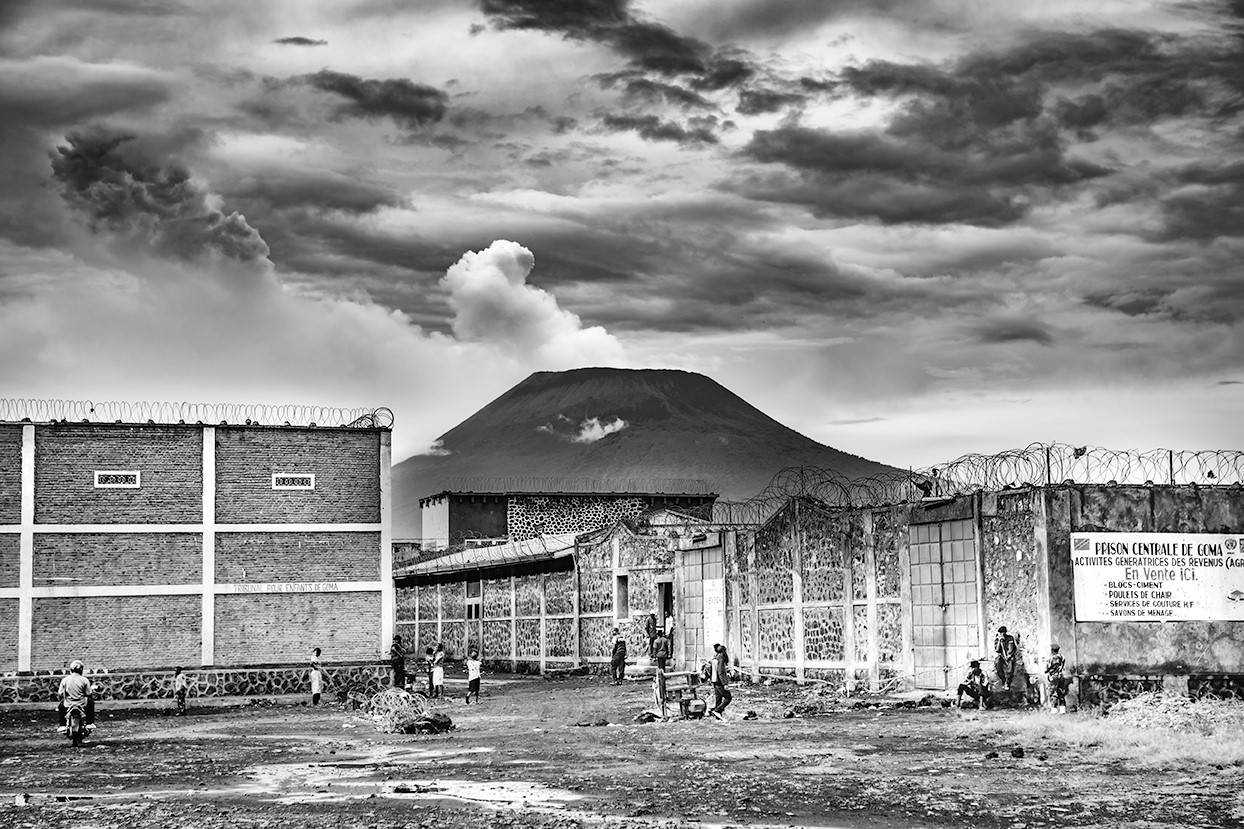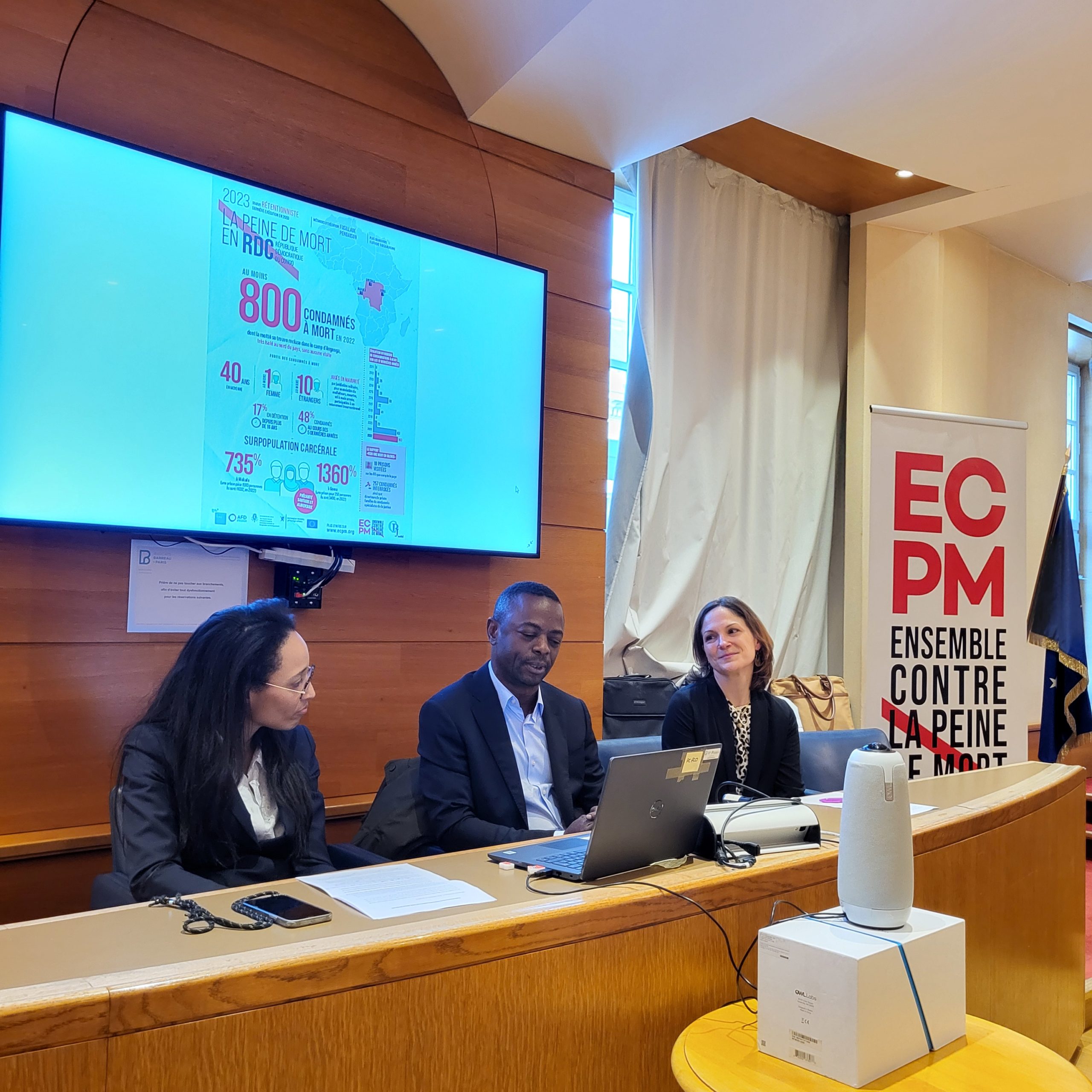
Your journey is filled with challenges, particularly within the DRC’s judicial system. Could you highlight key moments and obstacles you faced as a lawyer and human rights activist in your country?
The Congolese judicial system is fraught with obstacles and difficulties for both litigants, lawyers, human rights defenders, and even judges. As a lawyer, I have faced threats of reprisals for defending the interests of litigants, especially when those interests conflicted with those of people in power or public institutions. Subsequently, I myself fell victim to this arbitrary justice. I was charged with two politically motivated offenses and sentenced to death. I served 10 years in prison, after which my sentence was reduced to 20 years. Eventually, I was released through a presidential pardon, even though I could have been eligible for an amnesty law, but this opportunity was taken away by those in power. Even after being released and pardoned, I continued to be the target of judicial harassment under various pretexts, often due to my involvement in defending human rights. My case may be one of the most publicized, but it’s not unique. Many other Congolese endure similarly severe injustices, if not worse, perhaps in the shadow of the anonymity.
You are coming to France to share your story and raise awareness about the use of the death penalty. Why do you think raising awareness about this issue is crucial?
I believe it’s crucial to raise awareness about these issues because at the root of it all lies the right to life. On the surface, it seems that all of humanity has more or less subscribed to the Universal Declaration of Human Rights, the International Covenant on Civil and Political Rights, and so forth. We consider the right to life to be a fundamental principle for every individual from the perspective of humanity. I think the abolition of the death penalty is a common cause, so it’s crucial for the global community to participate in its promotion.
France, obviously, is one of the countries that has been at the forefront of this abolitionist struggle. I believe France can continue to maintain very close ties, both diplomatically and culturally, with the Congolese government in particular, for advocacy missions. Furthermore, French civil society, notably through human rights organizations, can play a significant role in advocating for this cause, in collaboration with several organizations on the African continent, including in Congo. It’s a common cause that requires concerted efforts from all of humanity.
After being sentenced to death and spending 10 years in detention, you were granted the presidential pardon, but judicial harassment seems to persist. How do you cope with this ongoing pressure, and what are your main concerns for the future, both for yourself and for human rights defense in the DRC?
The pressure exerted in such circumstances is extremely severe, as it comes from individuals in positions of power, who have at their disposal the entire repressive machinery of the state, which they can deploy at any time. It’s a pressure that’s hard to manage. In reality, we don’t. We simply try to endure it, to act like reeds. When the wind blows hard, we bend, waiting for better days when we can stand upright again. After facing a death sentence, ten years of imprisonment, and various forms of torture in this country, I confront it. My human resilience and personal experience also enable me to make it bearable, but the path forward has never been a given.
The recent decision by the Congolese authorities to lift the moratorium on the death penalty has raised serious concerns both nationally and internationally. What is your view on this development, and what consequences do you fear for the country?
As a Congolese citizen, I clearly see that lifting the moratorium represents a significant setback from the efforts made by the government of the DRC on this issue. It’s important to recall that this moratorium was initially instituted at a crucial moment, during the execution of death row prisoners in the case of the assassination of a former president of the Republic, whose son later became president. In the context of celebration and political tension, the decision of the Congolese government to institute this moratorium was undoubtedly difficult. Today, in a more peaceful context after two decades of effort, lifting the moratorium, under the pretext of fighting betrayals within the armed forces, clearly seems to be a populist propaganda move. This decision has nothing to do with combating impunity or strengthening the capacities of the Congolese armed forces. On the contrary, it seems to go against these objectives.
The necessary measures lie elsewhere, notably in the complete reform of the judicial system, in empowering magistrates both in terms of training and working resources. Furthermore, to effectively wage a war, our armed forces need adequate resources and appropriate training. Thus, lifting the moratorium on the death penalty is by no means a measure contributing to improving the military capacity of the DRC in terms of defending the territory or fighting impunity. Instead, it’s a measure that could be used to exclude political opponents or limit freedom of expression and thought, as was the case in previous regimes in the region. The risks associated with this decision are enormous, both for the promotion of human rights in general and for the defense of the right to life in particular.
As president of the NGO Paix sur Terre (Peace on Earth), you advocate for support to victims of war. How do you evaluate the current situation in the DRC, particularly regarding human rights and peacebuilding efforts, in light of the decision to lift the moratorium on executions?
It must be acknowledged that we are in a delicate situation, especially after so many years of efforts and positive actions, both by the Congolese government and its partner states, both bilaterally and multilaterally, as well as efforts by national, international, and particularly French NGOs. The sudden need to reassess the issue represents a major challenge. This decision has caught us completely off guard. For my part, I believe it is essential, initially, to assess the true scope of this decision to lift the moratorium. It is necessary to understand the motivations of the authorities who made this decision. While I remain convinced that it is a measure of political propaganda, it is crucial to understand their true intention. Then, it is important to resort to traditional means, such as raising awareness among public opinion. Indeed, it should not be forgotten that public opinion also has a role to play in this issue of the death penalty, hence the need to raise awareness among them.
Furthermore, there are advocacy actions mainly led by NGOs, both national and international. At the national level, there are two or three NGOs in Congo that actually work on this issue, notably Culture for Peace and Justice of Conflicts in Congo (CPJCC), which unfortunately finds itself somewhat isolated on this issue and does not receive the necessary support from our major organisations, notably the Congolese bar associations, which should also have played an important role in this direction.
In addition to national and international advocacy, I also believe that at the state level, through diplomatic channels, it is possible to intervene. For example, France maintains very close diplomatic relations with the DRC and provides development assistance, particularly in the areas of army training, intelligence services, and justice. I think the French government could use its means to dialogue with its Congolese partners and work towards the reinstatement of the moratorium initially, but ultimately towards the total abolition of the death penalty, which remains legal under Congolese criminal law.
A true repeal of the provision of Congolese criminal law that institutes the death penalty as a sanction is needed.
What message would you like to convey to the general public to encourage them to reconsider their position on capital punishment?
First, I want to emphasize that at the time of the abolition of the death penalty in France, public opinion was largely in favor of its retention. Decades later, I believe that French public opinion has realised that fears regarding the abolition of the death penalty, particularly regarding a potential increase in crime, did not materialise. Other societies that fear abolition will lead to impunity could draw lessons from this example.
In reality, the question is not whether criminals should be punished by death, but rather finding ways to punish them while preserving humanity. Personally, I have always considered that, regardless of the crime committed, especially when the death penalty is reserved for crimes resulting in death, humanity should not be sacrificed. By condemning these criminals to death, it is humanity as a whole that suffers because these individuals are integral parts of humanity.
Furthermore, we must consider that, beyond the deaths that may result from these crimes, there is the fundamental question of the right to life. We must seriously question: is the right to life absolute or relative? If we consider that the right to life is absolute, then the abolition of the death penalty must also be absolute. On the other hand, if we believe that the right to life is relative, some people may argue that the abolition of the death penalty is also relative. However, in this latter case, we must all be aware of the slippery slopes that this represents. If as a human society we decide that the right to life is relative, we are embarking on an extremely dangerous path for all of humanity.


